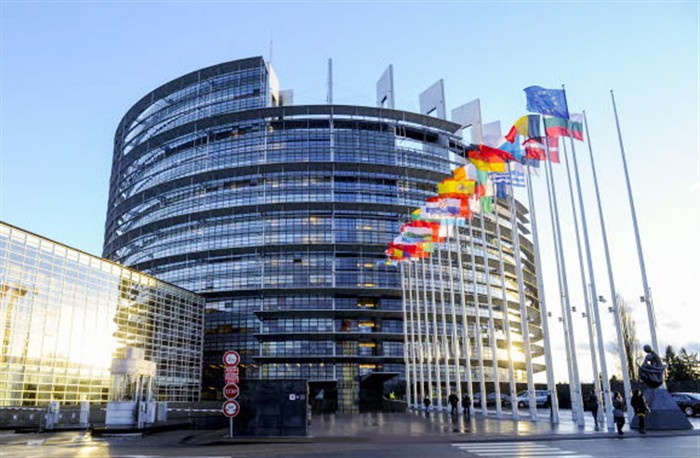

European Parliament
A senior European Union official has publicly warned big name tech giants on the consequences if they break new and upcoming EU rules.
The draft rules, known Digital Services Act (DSA) and Digital Markets Act (DMA), aim to give European regulators much great powers in order to rein in what they feel is some of the excesses of big name tech firms.
It is unclear at this stage how EU rules will be enforced against what are mostly American-based organisations, but the EU digital chief Thierry Breton outlined some of the possible penalties on Wednesday.
According to Reuters, Breton on Wednesday warned that tech giants that break new EU rules could face fines, be ordered to change their practices, or even be forced to break up their European businesses.
In two weeks time, Breton is due to present draft rules known as the Digital Services Act (DSA) and Digital Markets Act (DMA).
According to Reuters, the DSA will force tech companies to explain how their algorithms work, open up their advertising archives to regulators and researchers, and do more to tackle hate speech, harmful content and counterfeit products on their platforms.
The DMA on the other hand applies a list of requirements to big name tech firms, such as sharing certain kinds of data with rivals and regulators; and outlawed practices, such as favouring their own services.
This comes with a range of sanctions.
“We start with a fine, then you have a bigger fine, then you may have a temporary remedy, specific remedies, then you may have at the end of the day, what we have also in the competition rules, structural separation,” Breton told reporters during an online briefing.
“So from fines to separations, but of course only on the European market,” he said.
Forcing companies to break up would be a last resort, Breton reportedly said.
“Structural separation is not an objective, not my objective, it is just again to make sure we have also means to act if necessary,” he added.
Big technology companies seeking acquisitions may also be required to inform the European Commission of their intentions, Breton said.
“They may have an obligation to just inform us what they want to do, and then we will see if it fulfils all their obligations,” he said.
It should be noted that the DSA and DMA are still some way off before being made law, as the European Commission will have to negotiate with individual EU countries and the European Parliament to agree on the final legislation.
That process is expected to take a year or more.
Tech firms are also in the spotlight on the other side of the Atlantic.
Google in particular has been targeted by US regulators, when the Justice Department sued it on 20 October, accusing the $1 trillion (£770m) company of abusing its market dominance to weaken rivals’ positions.
The case is the biggest challenge to a dominant tech company in decades, and has been compared to the Justice Department’s successful antitrust case against Microsoft of 1998, or its breakup of AT&T in the 1980s.
The US government accuses Google of illegally maintaining its dominance in both search and advertising, while Google has denied wrongdoing.
US communications regulator the FTC is also reported to be considering filing an antitrust lawsuit against Facebook.
As US ban looms this month, TikTok faces a buyout offer for its US assets…
Bending the knee continues from the tech industry, as Alphabet's Google becomes latest to make…
Software and cloud giant Microsoft confirms it is cutting a small percentage of jobs across…
Parting shots from outgoing SEC chair Gary Gensler, as he warns in interview that crypto…
Chinese hacking group MirrorFace has been linked by Japanese officials to more than 200 cyberattacks…
Clarification from Apple. Settlement of Siri privacy lawsuit did not mean it actually sold data…